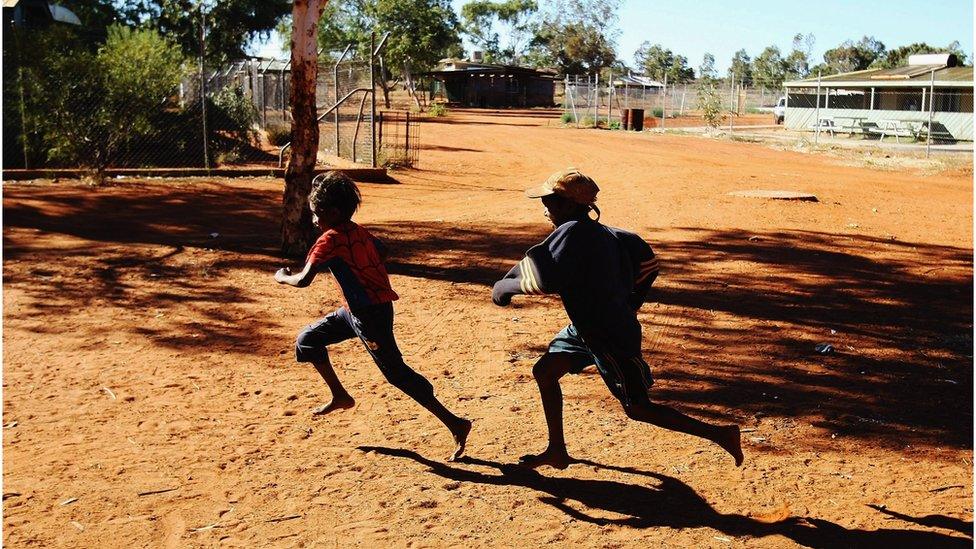The pride and fury of Australia's Indigenous rappers
- Published
Adam Briggs: ''We have an opportunity to be different and deliver our stories''
Born in the United States, hip hop has developed a distinct Indigenous flavour in Australia that reflects both dispossession and hope.
There is an unerringly provocative streak coursing through the music of Corey Webster, aka Nooky, a young firebrand singer who's just signed a deal with Australia's first Aboriginal-owned record label, Bad Apples Music.
His work is laced with the damnation and discrimination he endured as a boy, and the fiery determination to succeed that followed.
"The school I went to was super redneck - racist attitudes from the students, more so from the teachers. Yeah, [so I] wrote a song about them," he told the BBC.
"It's just full of swear words. You know, [I] felt better at the end of it, so I kept doing it whenever I felt angry or had something I needed to get off my chest. I was putting it all in a song."
"We wasn't expected to succeed. One of my teachers says to me, 'Why are you even at school? You're not going to do anything with your life, you're wasting your time here, you're wasting my time by being in my classroom.'
"You know, all that was expected from us was drop out of school, get on Centrelink [the dole], get into crime or play football."
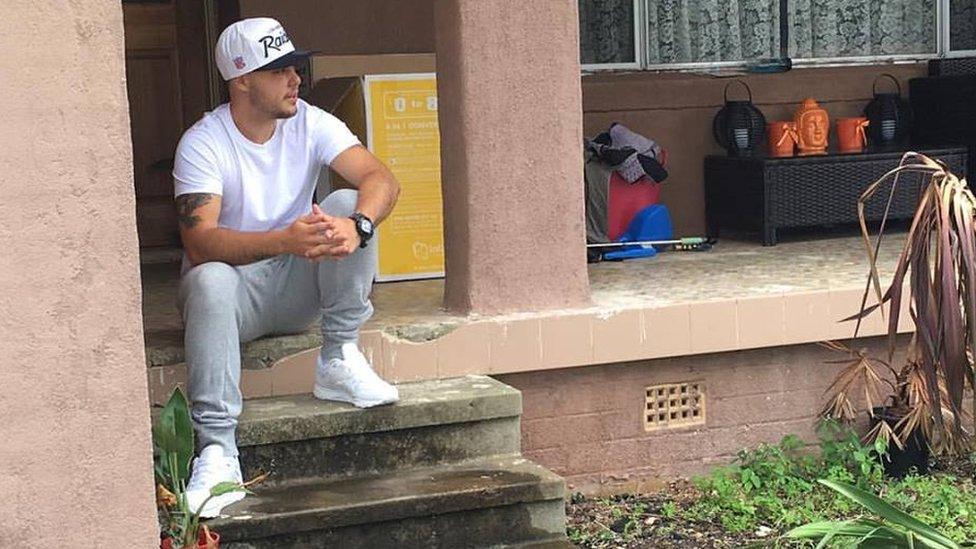
Rapper Nooky has been signed to Bad Apples Music
His lyrics are unapologetically brazen; "I am destined for that greatness" and "I am the greatest" they crow, and they have made him a standard-bearer for indigenous rap in all its forms. Back home in Nowra, he is a hero.
"An Aboriginal person putting out a song is an act of rebellion because we're not meant to be here because of genocidal policies [of the past]," said Frank Trotman-Golden, the co-host of the Indij Hip Hop Show on Koori Radio in Sydney.
"You just can't categorise indigenous hip hop because it is so diverse. Someone tackles it with their own style and makes it relevant to where there are at. It is definitely a growing movement and is overwhelmingly empowering."
'Their eyes light up'
Earlier this year, a week-long hip hop "boot camp" was run at Sydney's Powerhouse Museum to help embolden disadvantaged Aboriginal children.
The sessions with celebrated artist Jimblah helped to foster a sense of cultural pride that could steer youngsters towards careers in music, dance and the arts. Rappers are leading a new wave of indigenous storytellers.
Despite its American roots, the music now has a unique Aboriginal twist, according to Marcus Hughes, a producer at the museum.
"It's distilled, it's changed, the rhymes are different, our young ones are rhyming in language, which is also really wonderful to know that we can use that kind of creative tool as an act of cultural preservation and language maintenance," he explained.
Meriki Hood began creating music at the age of 17. A decade later the Melbourne-based singer has become a powerful advocate for indigenous rights. She's seen for herself the effervescent effect rap music can have among some of Australia's forgotten people.
"I've gone into remote communities where I've seen kids completely disengaged and then chuck on a song from Tupac or Snoop and all of a sudden you see their eyes light up and they're kids again," she said.
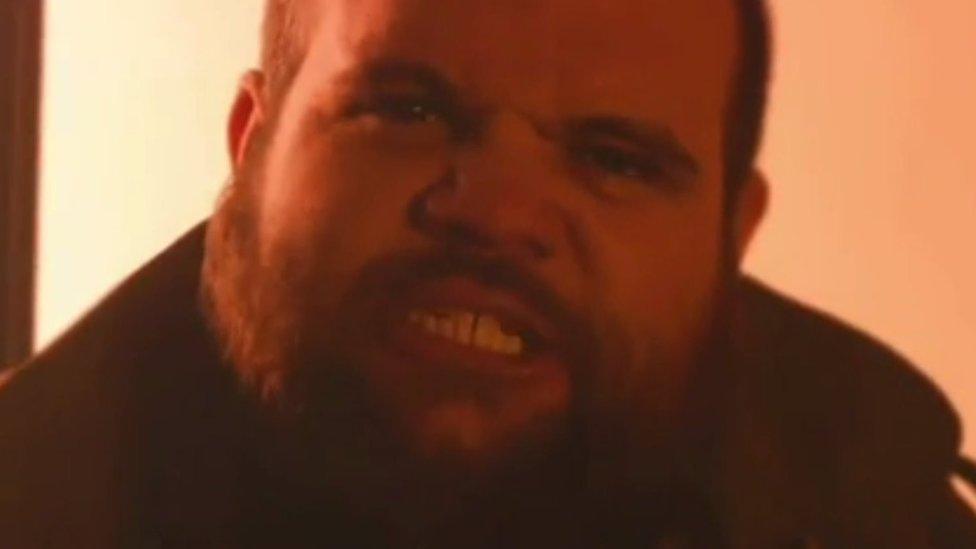
Yorta Yorta man Briggs is one of Australian hip hop's leading voices
White and black conflict
Storytelling lies at the core of Australia's indigenous heritage. Ancient customs are preserved by a chain of creativity, through music, song and dance that goes back thousands of years.
"We have an oral history, so telling stories, you know, is natural, it is part of our genetics," said Adam Briggs, a Yorta Yorta man from the Victorian town of Shepparton, who is an accomplished rapper, actor and comedy writer.
Even at the age of 29, Briggs, his stage name, has the air of a hip hop veteran. When he speaks, people listen, and for him it is a golden opportunity to vent age-old grievances.
"The racism in Australia is just prevalent and it hasn't been dealt with," he told the BBC in the Waterloo district of Sydney. "The conflict of white and black Australia is every day. The kind of struggles and the conflicts exist in every song. I've got a great platform to use and I can't afford to waste it."
Life for Australia's first peoples can be harsh. They suffer high rates of poverty, ill-health and imprisonment. Although hip hop provides a way to channel innate anger and frustration, it is also loaded with pride and ambition.
- Published31 March 2016
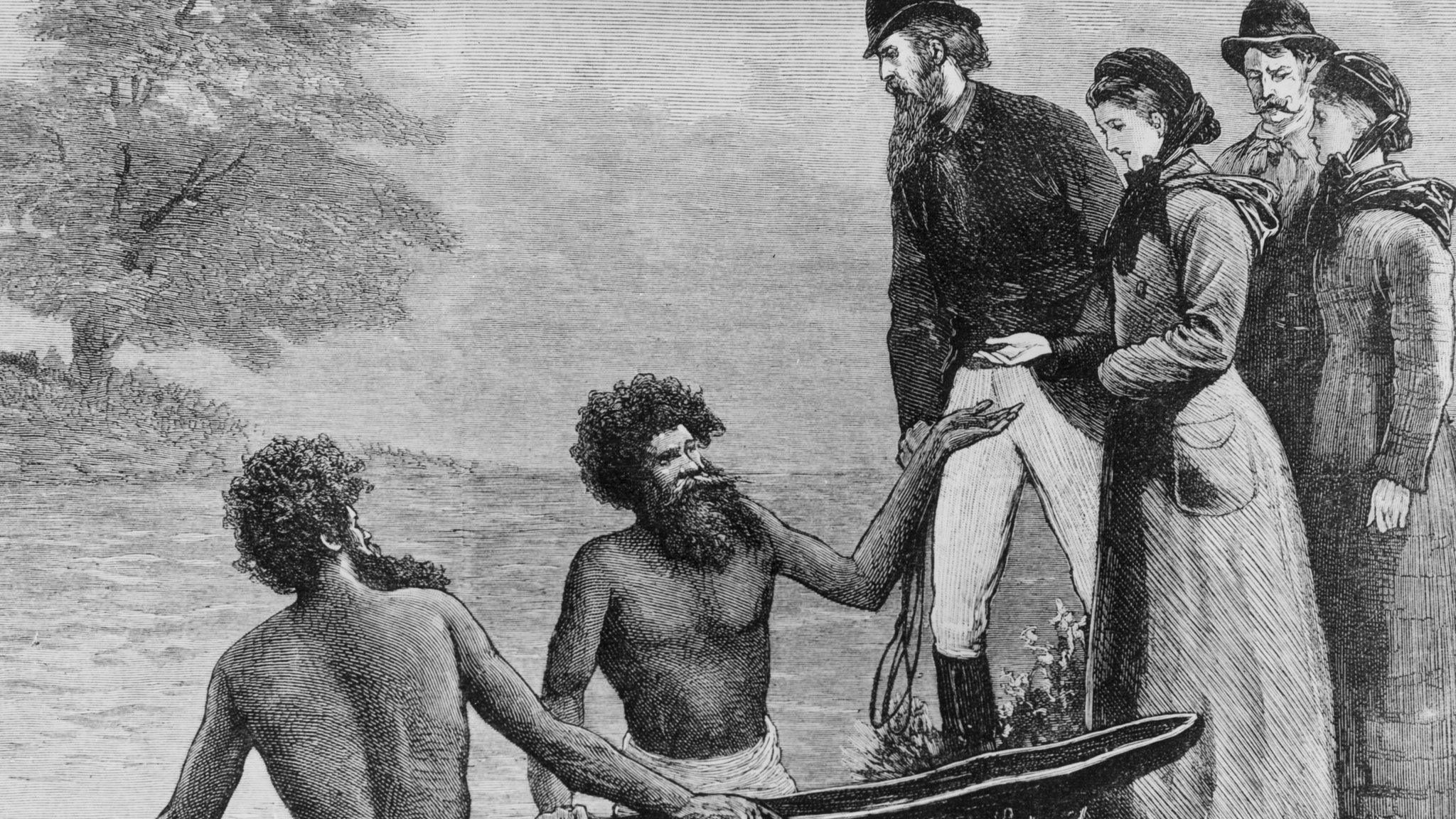
- Published5 August 2015
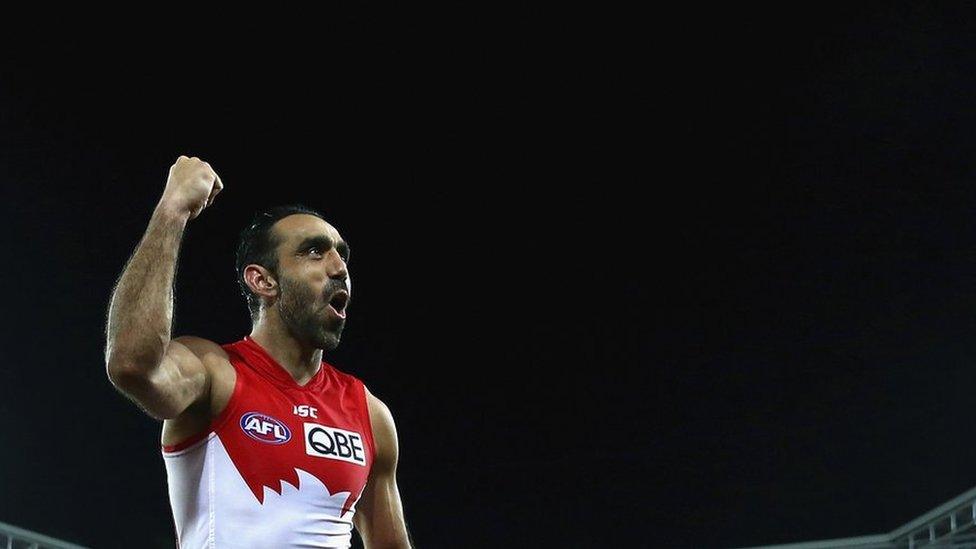
- Published10 March 2016
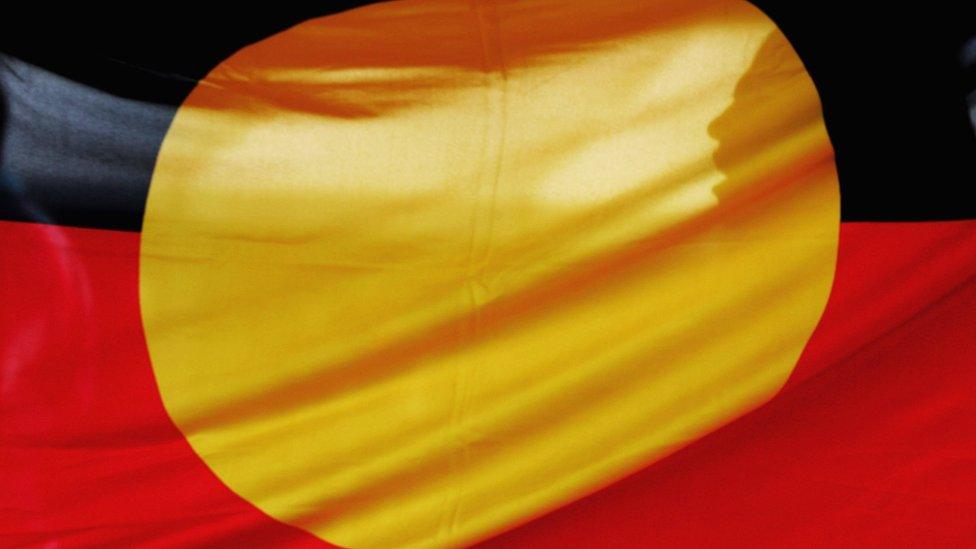
- Published24 February 2016
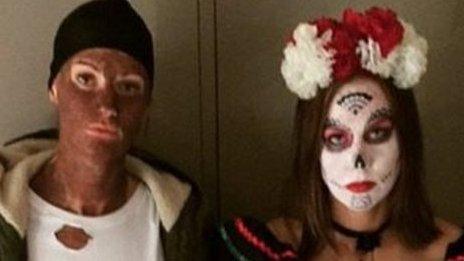
- Published9 February 2016
